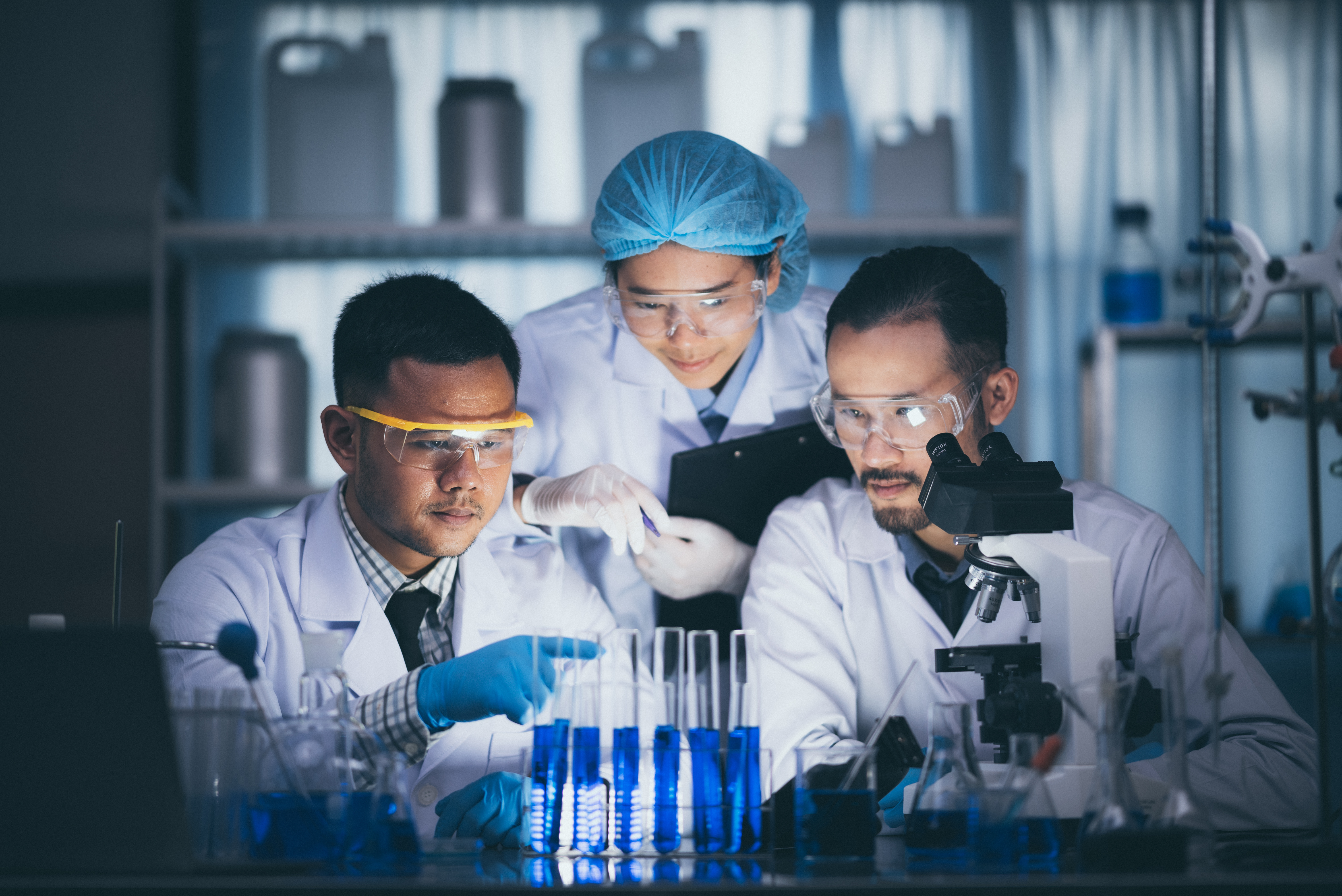What if I told you there is a bacterium strong enough to survive in outer space? Sure, we already know about the bacterium that could help us breathe on Mars. But, this “super bacterium”, which is known as the “world’s toughest bacterium” in the Guinness Book of World Records can survive in space for up to three years. The bacterium in question is deinococcus radiodurans, or D. radiodurans for short.
How scientists discovered this super bacterium

Scientists first discovered D. radiodurans around 70 years ago. Scientists made the discovery following attempts to sterilize cans of meat using high doses of gamma radiation. The meat inside the can spoiled, and scientists were able to isolate D. radiodurans within it.
The super bacterium is so special because it can repair both single- and double-stranded DNA. This unique ability allows it to bring damaged DNA into a ring-like compartment where it is then repaired. It repairs its DNA by fusing together nucleoids from the exterior of the compartment.
The super bacterium can survive these heavy radiation levels despite it fragmenting when exposed to so much radiation. Michael Daly, a scientist at the Uniformed Services University of the Health Sciences in Bethesda, MD, told Science Daily that D. radiodurans breaks up into 1,000 to 2,000 DNA fragments per cell. The DNA becomes all chopped up. But, it heals itself within 24 hours.
Fast forward a few decades, though, and scientists made another intriguing discovery about this super bacterium.
D. radiodurans can survive life in outer space
On top of being able to survive deadly levels of radiation, scientists sent the bacterium up to the International Space Station. There, scientists aboard the station were able to test how the bacterium survived in space. The outcome? This super bacterium can survive for up to three years in outer space.
So, not only is it able to repair itself from deadly levels of gamma radiation, but D. radiodurans is also capable of surviving in the dead of space. It’s an intriguing find, and one that could help in a very particular situation: nuclear waste removal.
Because nuclear waste is so volatile and dangerous to humans, bacterium like D. radiodurans may prove to be a perfect applicant for getting rid of the waste itself. Scientists may be able to genetically modify the super bacterium so that it can digest the nuclear waste. And, because it can survive such heavy radiation levels, it won’t die off before it completes the jog.








